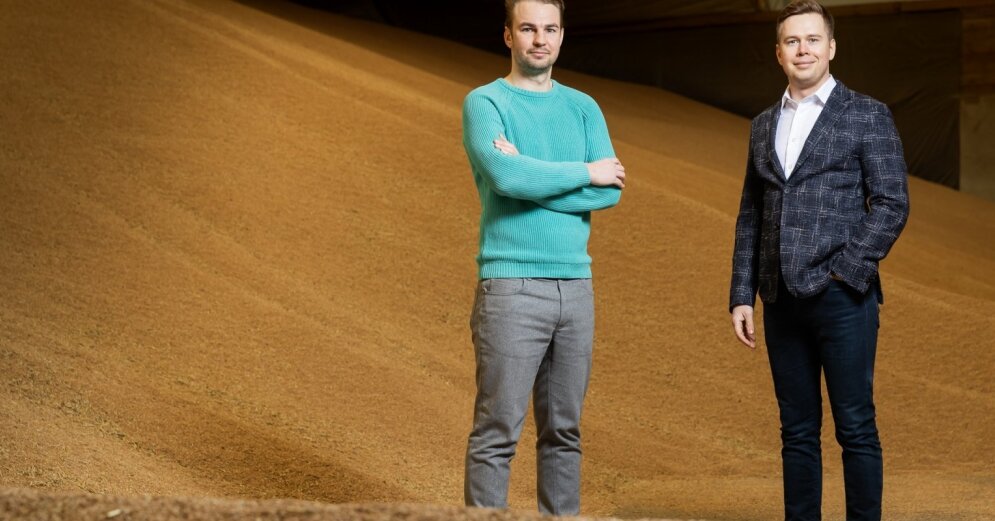The Lendsecured brand has created a crowdfunding platform to help European farmers receive funding using cereals as collateral, the platform informs.
–
Content will continue after the ad
Advertising
–
Through the platform, it is planned to attract and issue financing, thus reducing the demand for financial resources in the agricultural sector, improving the opportunities for growth and access to financing in rural areas of Europe.
European farmers from countries such as Hungary, Latvia, Estonia, Lithuania, Greece, Romania, Bulgaria, Croatia and Spain are struggling before the harvest to provide the necessary capital to purchase machinery and equipment, holding back national and regional growth, the company explains.
According to a study by the European Investment Bank and the Directorate-General for Agriculture and Rural Development (DG AGRI), 12.2% of farmers report that access to finance is difficult and 10.4% face difficulties in obtaining working capital; 10% of respondents admit that fear of refusal is the main reason for not applying for a bank loan; 10% of rejected bank applications are related to the non-acceptance of livestock or other movable farm assets as sufficient collateral.
The essence of the idea – at the beginning of each season, farmers need working capital, for example, to buy fertilizer, hire labor, repair machinery. Working capital is issued against the pledge of the future harvest, ie the farmer receives financing before the season, but returns it when the season is over and has transferred the harvest to the grain collector.
The platform allows investors to diversify their portfolios, supporting European rural development, including organic, not just traditional farmers.
Investors’ money is not held in a LendSecured account, but is segregated from the platform’s funds in BNP Paribas bank through the well-known European payment institution LemonWay. This is one of the requirements of the crowd financing service provider’s (ECSP-eng.) License – to keep investors’ money separate from the platform’s funds. The EU licensing framework was adopted in November 2020 and Member States have one year to adapt. The platform complies with the principles of anti-money laundering (AML) and accepts payments only from EU and European Economic Area (SEPA) countries.
–

